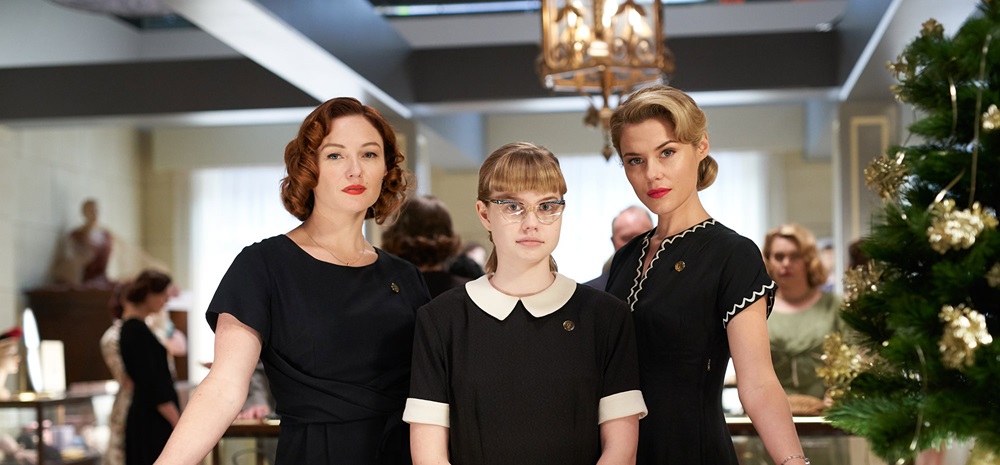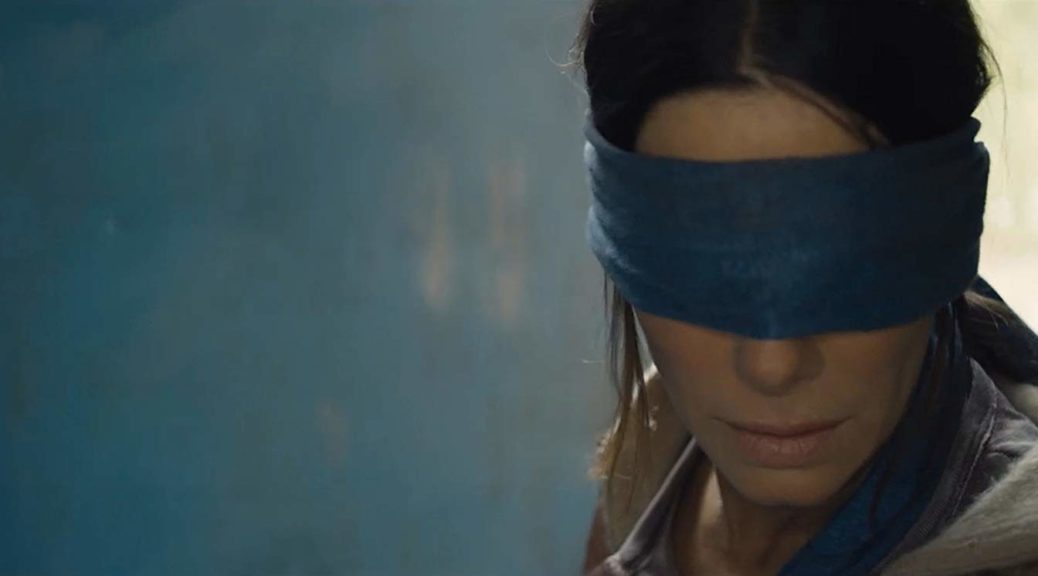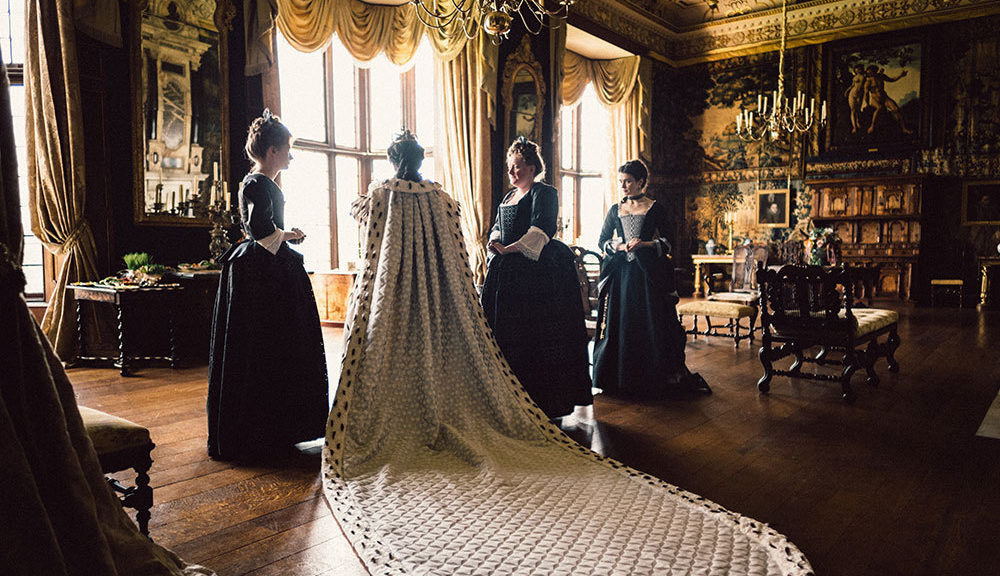I’m writing this in the dying hours of Australia Day 2019, hoping against hope that I’ll finish in time for it to qualify as an Australia/Invasion Day post. Because really, what’s more Australian than a celebration of the lively multicultural melting-pot of Sydney in the mid-1950’s?
Ladies in Black also contains traces of early Aussie feminism. If only there were some indigenous characters too… but I digress.
The “ladies in black” become so as they commence their shifts at a large department store in Sydney. The movie opens with one such shift.
From there, the narrative moves effortlessly between five employees and their families. The analyst in me can’t help seeing each of them as an archetype of mid-1900’s Australia:
- Miss Cartwright, the aging manager (played by Noni Hazlehurst), represents the preceding era of limited opportunities for women.
- Magda, the “reffo” (affectionate slang for refugee–played by Julia Ormond), represents the skill, colour, and culture brought to Australia by those who needed the safety of our shores. Timely.
- Patty, the married one (played by Alison McGirr), represents something of a typical Australian struggle for domestic normalcy while being too young to know what you want in life.
- Fay, the single one (played by Rachael Taylor) represents the struggle to overcome disadvantage–and the merging of multiple cultures.
- Lisa, the young one (played by Angourie Rice), represents bright-eyed, innocent hope that women could finally take on the world–at least once their fathers can be persuaded to sign their university applications.
I’m being reductive, of course, because the characters who carry these themes are authentic and believable. Their stories overlap and coalesce beautifully, and the supporting cast deliver strong performances too (especially Luke Pegler, who plays Fay’s husband, Frank).
I love that the ‘vibe of the thing’ is so very Australian without being embarrassing. And that it demonstrates the wealth of experience and flavour we add to Australia when we open our hearts–and our borders–to people who aren’t safe in the countries they call home.
A reminder as worthy of our time as remembrance that Australia doesn’t belong to white people, and never has. Especially today yesterday.
4 stars.


